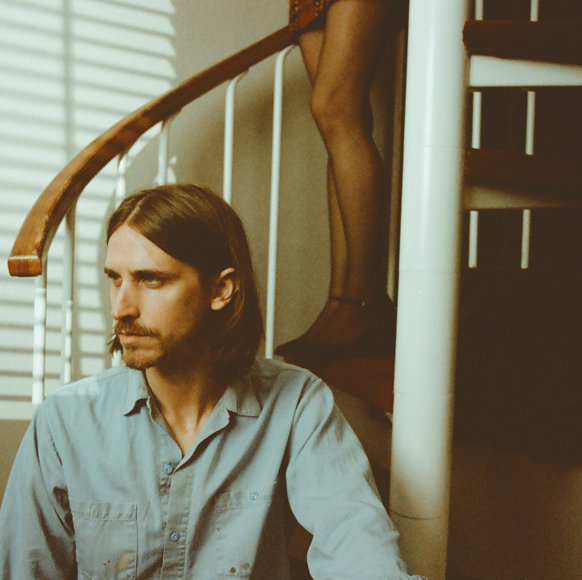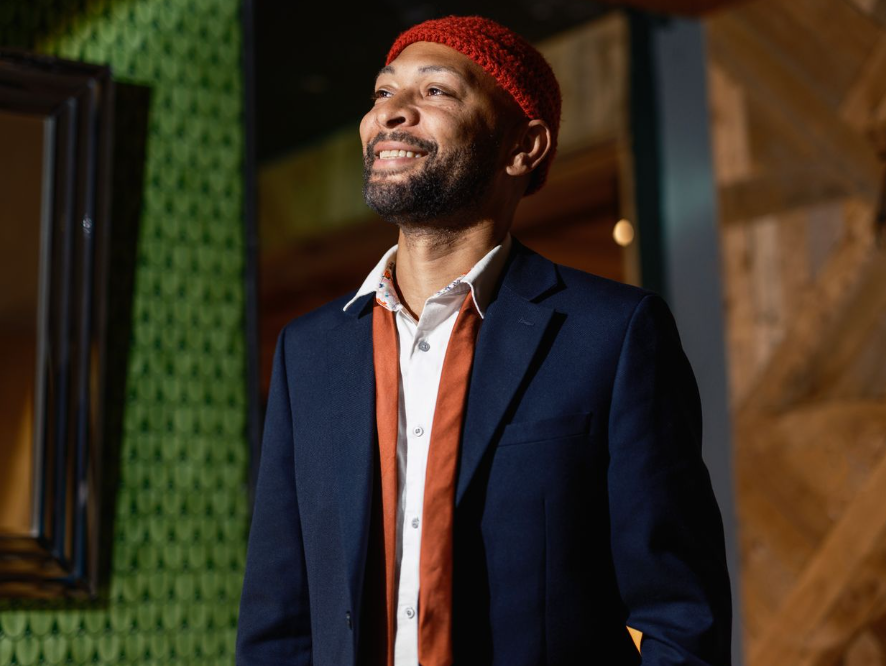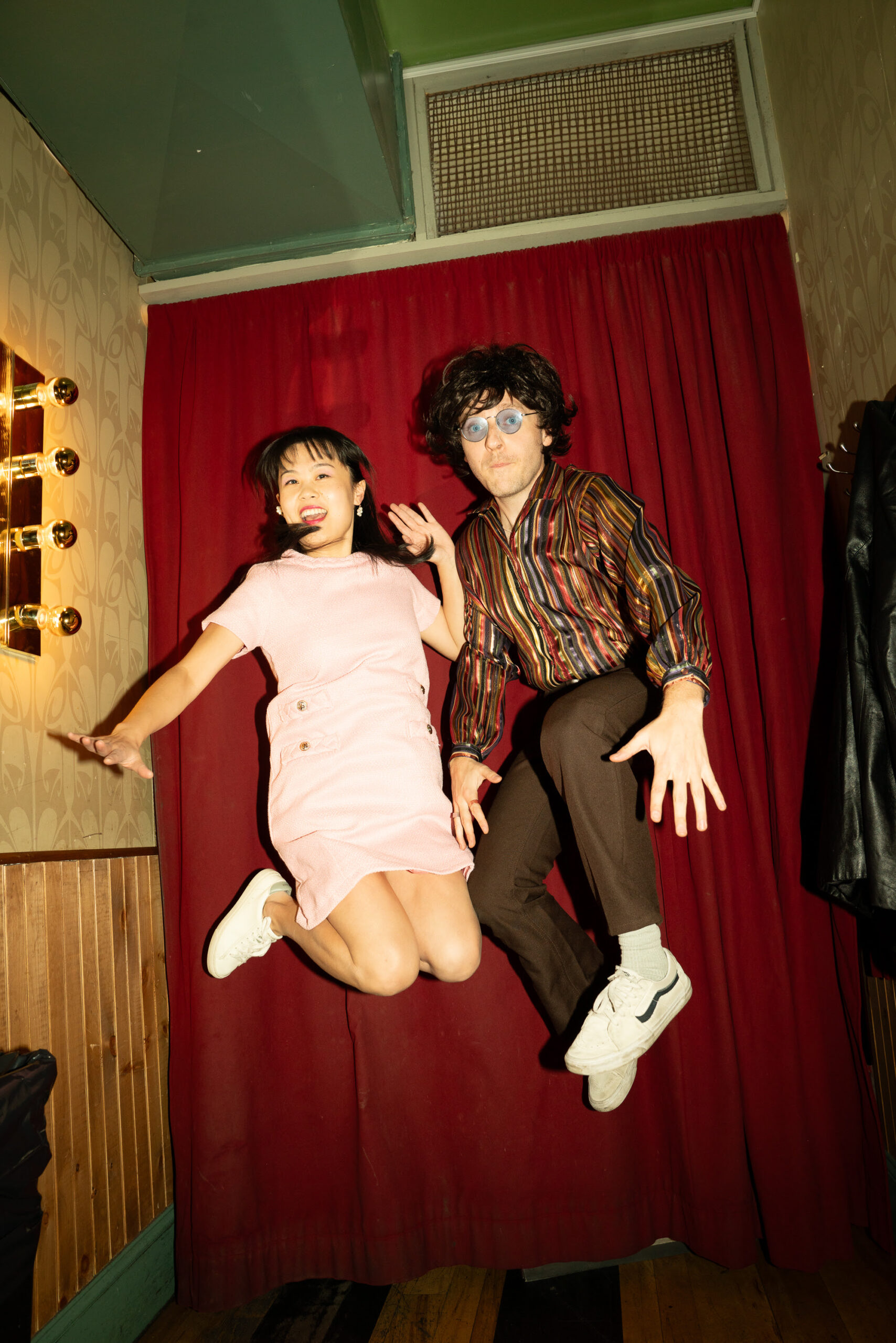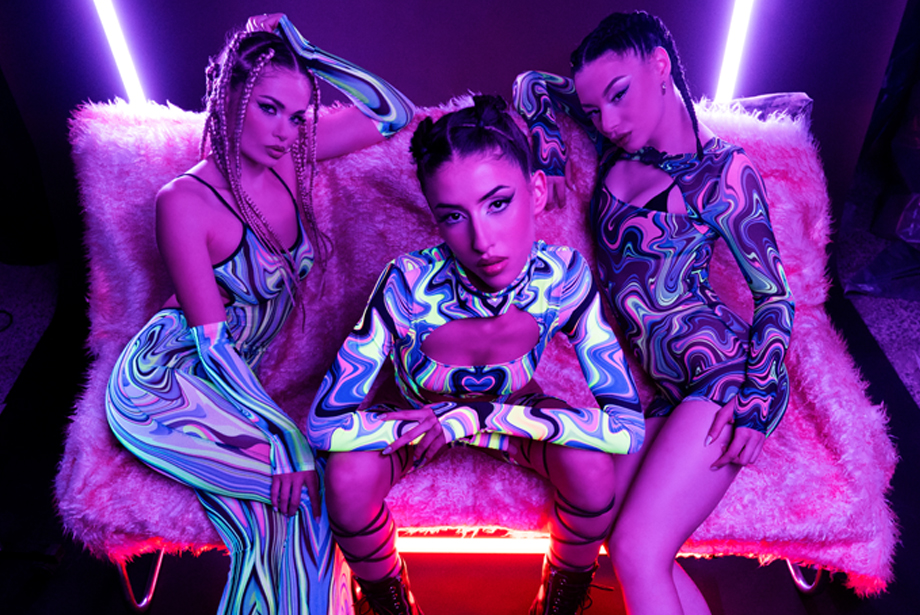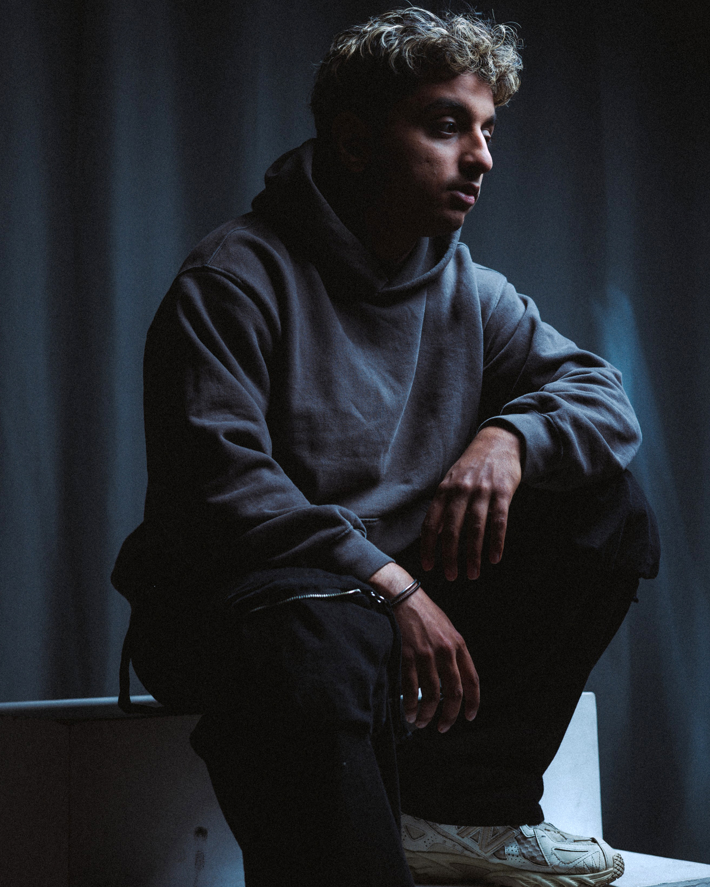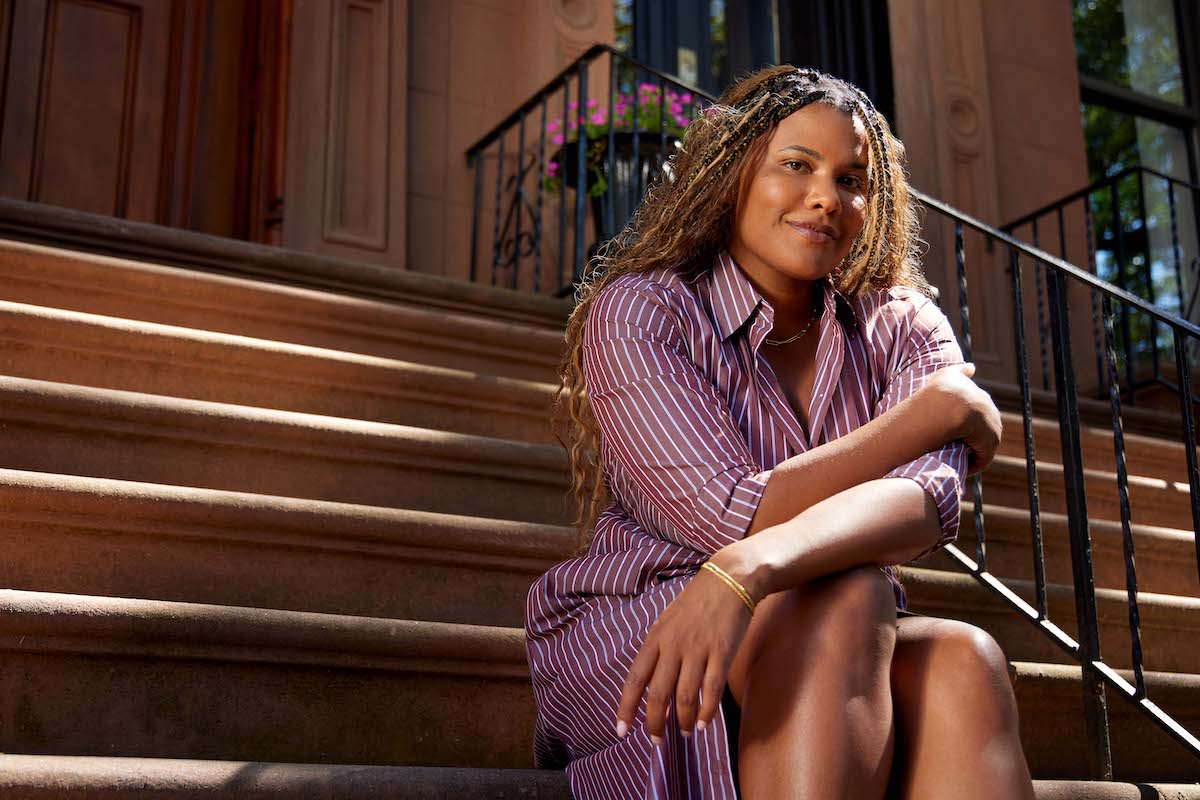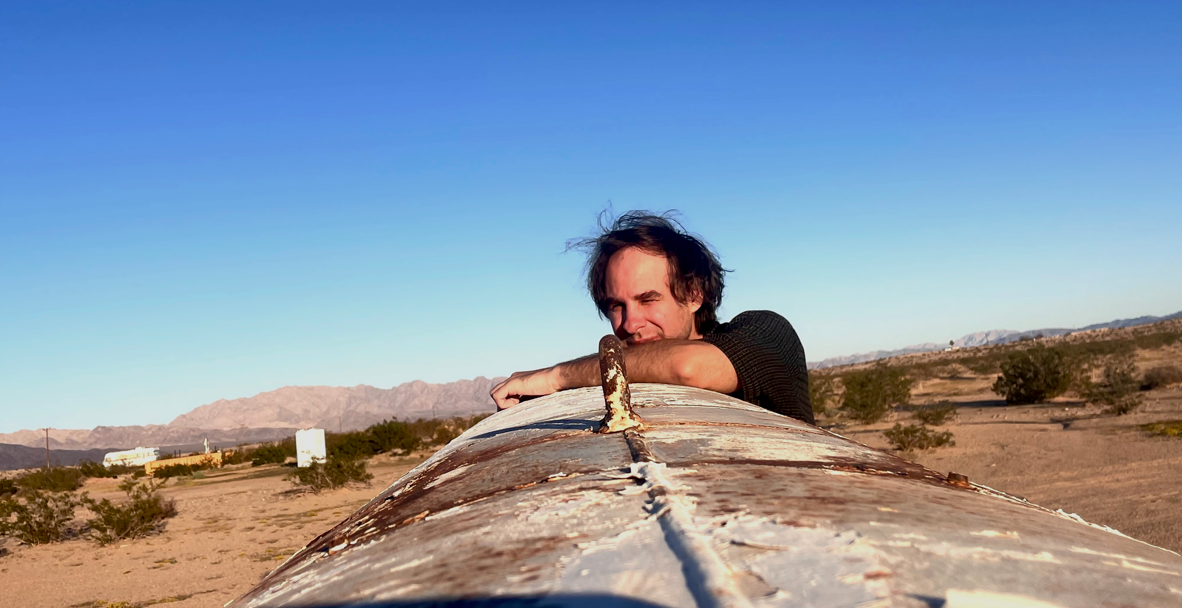Music
Exclusive Interview — Wreckeds on “Eastern European Girls” & Her Standout Debut EP
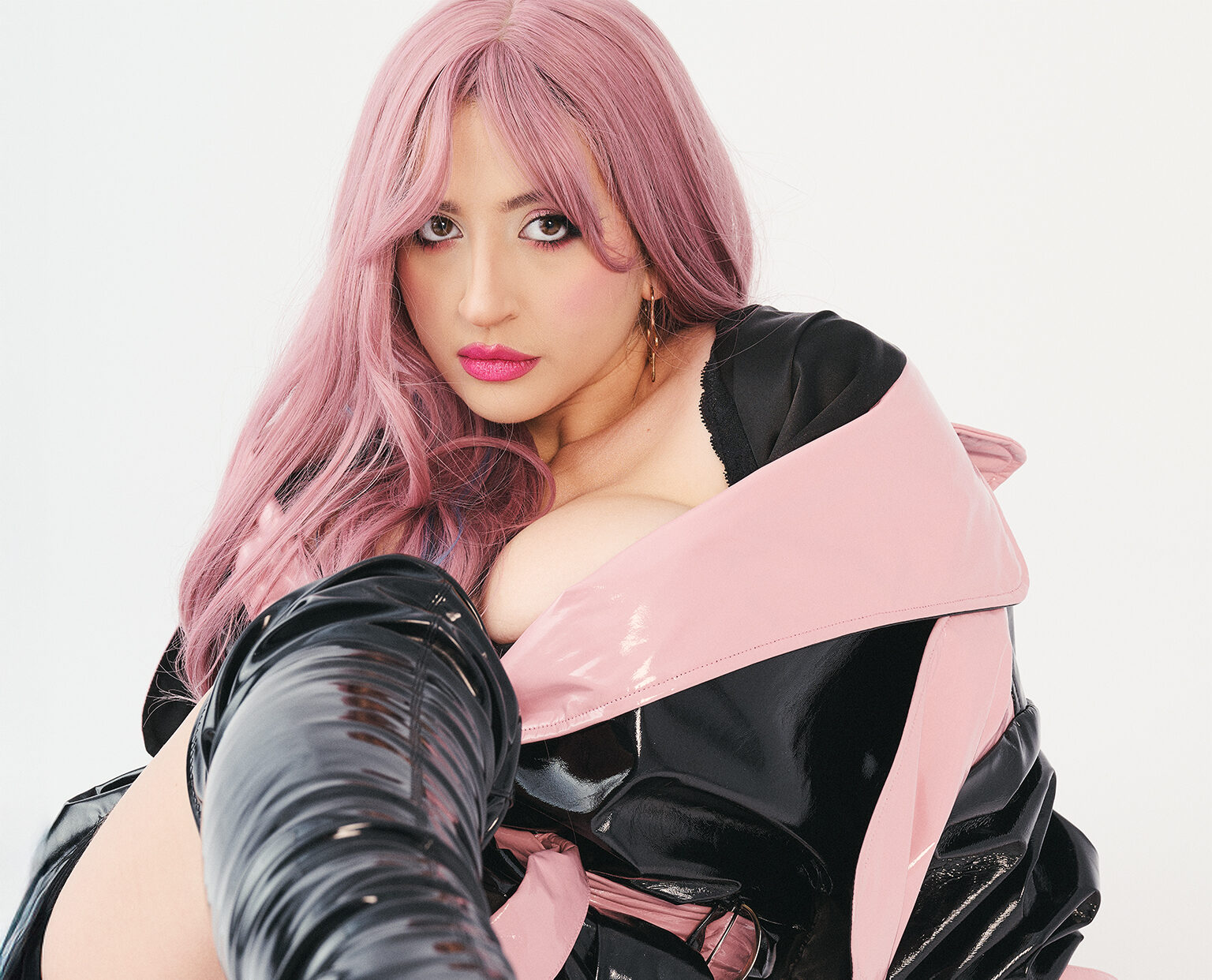
Pop music has always been a shapeshifter; bending genres, reinventing aesthetics, and reflecting the cultural moment like a mirrorball. From glittery chart-toppers to underground experiments that later define an era, the best pop doesn’t just entertain; it challenges, provokes, and pulls you into a fully realised world. It’s the art form that can turn heartbreak into a hook, rebellion into a chorus, and lived experience into something universal.
Wreckeds is part of that new wave of pop artists who treat the genre like a sandbox; a place where irony, emotion, and cultural commentary can coexist in three-minute bursts. Born in a small Romanian village and raised on post-communist grit, she blends the raw energy of Charli XCX, the melancholic depth of Lorde, and the rebellious spirit of early Lana Del Rey into something wholly her own. Her songs shimmer with retro-futuristic synths, sharp-edged lyrics, and a deep understanding of how pop can both comfort and disrupt.
Her debut EP, The Death of a Star, isn’t just music; it’s a fully formed concept world. Equal parts cinematic and self-reflective, the project channels Cold War-era influences and post-apocalyptic storytelling into addictive, emotionally charged tracks. For Wreckeds, pop is more than a sound; it’s a statement, and she’s ready to take it global. We chatted with Wreckeds to talk about her new single, the world of The Death of a Star, and why pop music still has the power to surprise.
Growing up in a small Romanian village and later studying law, when did you realise music was your true path, and how has that mix of backgrounds shaped your sound?
It has always been a bit hard to answer questions about my upbringing for many reasons, but mainly because I feel like I have changed so radically many times throughout my childhood until today that telling it now feels like I would be sharing someone else’s story. I could argue there is almost a sense of disconnection. The only constant has been my love and admiration for music. I cannot remember a time in my life when music was not the thing I wanted to do, but various circumstances did not allow me to pursue it. Once I left home and found myself alone in a new city, I just ran toward it and I have not stopped since.
You are a self-taught music producer. What has been the biggest challenge as a self-producing artist?
I have this core memory of visiting a friend at law school while I was still in high school. She was living with a conservatory student who played guitar for us during dinner. I got so emotional I started crying, telling him how badly I wanted to pursue music and how afraid I was. He told me he had an old guitar I could borrow, just to give it a try. I remember it so vividly: the strings were so hard to press that I got blisters on my fingertips, like everyone does when they first start. Everything after that was just me trying, failing, learning, and growing.
Your influences range from Old Hollywood to Eastern Europe to meme culture. How do you blend such different worlds without losing your audience?
For me, my influences do not feel that different. Eastern Europeans have always loved glamour and grandiosity, while still being bound to raw, inescapable influences. There is this sense of beautifully imperfect visuals that I think the internet has always loved, like a behind-the-scenes look at opulence. That is part of my aesthetic: if you enjoy the sparkle and the glam, you also have to see the bruises I got along the way trying to make it happen.
The Death of a Star has such a strong visual and thematic identity. Where did the concept of “the dying star” come from?
The Star is not meant to symbolize me being an actual entertainment star, but rather the potential of Wreckeds becoming who she has always wanted to be. I developed the concept while in a depressive state, spending too much time playing Fallout 4. That post-apocalyptic hope, the idea of having one last chance to share my story and my fears about not being able to keep pursuing music, shaped it. I kept asking myself: If my music career ends before it even starts, does Wreckeds just disappear?
How much of the EP is autobiographical vs pure storytelling, and how did you decide the track order?
The project is very autobiographical, so much so that I had to be careful not to leave obvious clues that might get me into trouble. That is why the track order matters: even though each song is a snapshot of my life, together they tell a specific story of searching for myself, and end with the track “Prayer,” which feels like a goodbye after giving up on trying. That is also why I explored so many genres on the EP, it mirrors the uncertainty of identity.
You have linked the EP’s story to post-apocalyptic disillusionment. Was there a specific moment or feeling that sparked that narrative?
Being an artist feels uncertain in general. There is this sense of, we are the clowns dancing and singing while the world is burning alive. It is like living in a purgatory, where the only way out is if someone out there decides they like you. It is a privilege to even try, but I still wonder: if I were born again with a different set of skills, would my life be different? Should I just start over completely? The post-apocalyptic imagery gives me the freedom to explore those questions and make whatever music I want.
“Eastern European Girls” feels both playful and pointed. What inspired it, and how did you balance celebrating your cultural identity with avoiding clichés?
“Eastern European Girls” was so fun to write because I just let myself say whatever came to mind. In the studio, I wrote pages about what it feels like to grow up as a woman in Eastern Europe and then picked lines from that bulk. Some are a little cliché, I admit, but they are also true. For example, I do not even drink wine anymore because the cheap bottles I used to drink when I was younger completely traumatized my taste buds.
The song has a real earworm quality – was there a moment in the studio when you knew you had nailed the hook for “Eastern European Girls”?
A close friend of mine, an incredible songwriter I deeply admire, was in the studio helping me work on a single for the EP. I have always trusted her honesty and perspective. She asked us to play “Eastern European Girls,” which we had just finished in the session before. She was instantly hooked. We kept replaying it and she said, okay, this is the single. It did not click for us right away, but she heard something we did not at first.
The “audience saving the Star” is a powerful metaphor. What kind of connection do you hope listeners will feel after hearing the project?
One thing the process of making this EP has taught me is that I need to reach out and ask for help. I thought I was already doing that, but really I just did not want to burden others with my feelings. Music, though, is about releasing what you carry and putting it into the world. If listeners find refuge in my songs and place their own burdens in them, then we carry it all together. For me, music is about people, about community. I hope listeners can feel that in me.
Looking ahead, how do you want Wreckeds to evolve over the next few years, sonically, visually, and conceptually?
Wreckeds will always be unapologetically weird. I have just come back from a short trip to LA where I made probably the best songs I have ever written. It was incredible to meet so many talented producers and songwriters who understood my project and added their own touch to it. Right now, I just want to keep growing and learning, and the songs are in the works. Hopefully, they will also serve a purpose for others. Nonetheless, the retro-futuristic girl is here to stay because, honestly, it is my favorite aesthetic.

